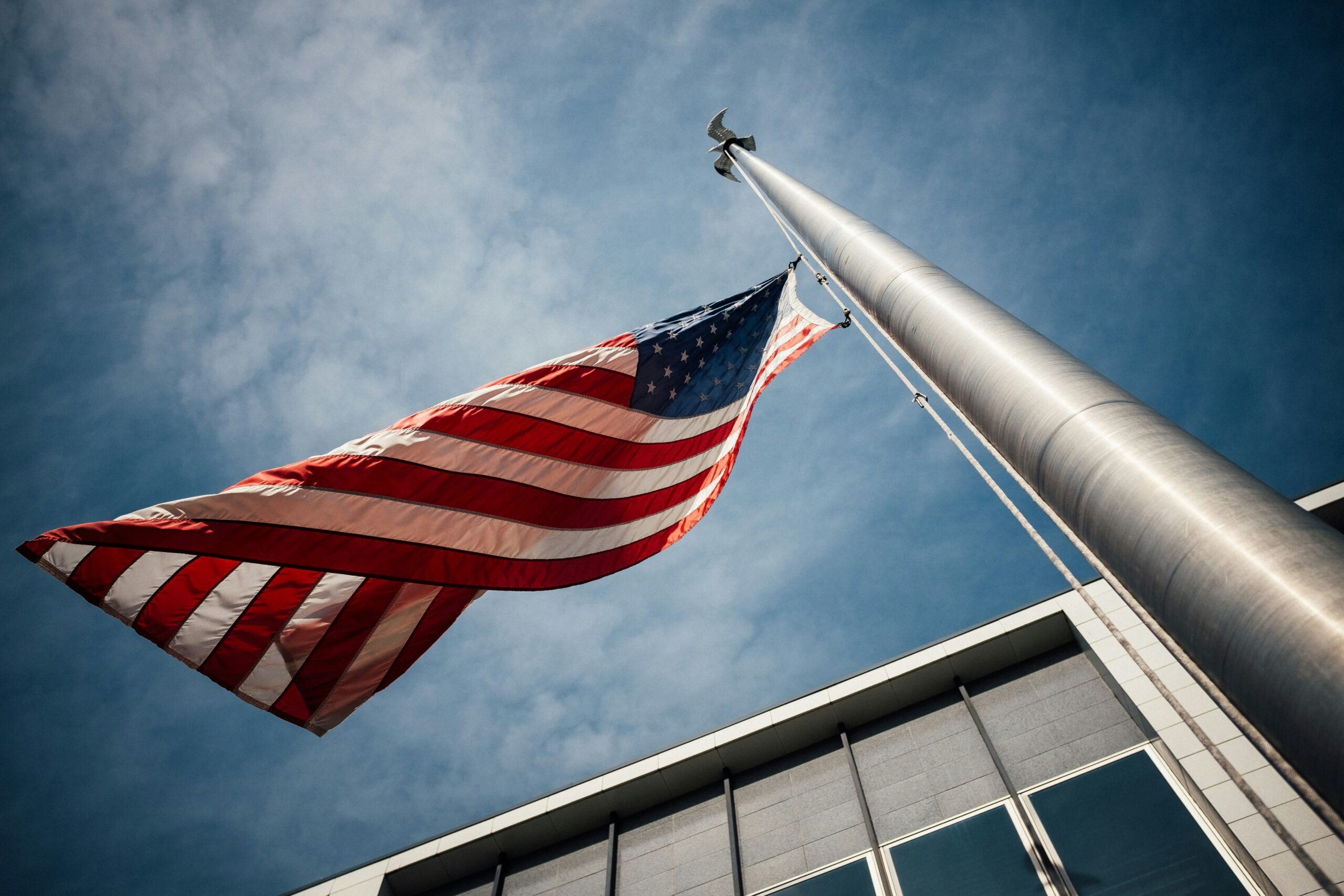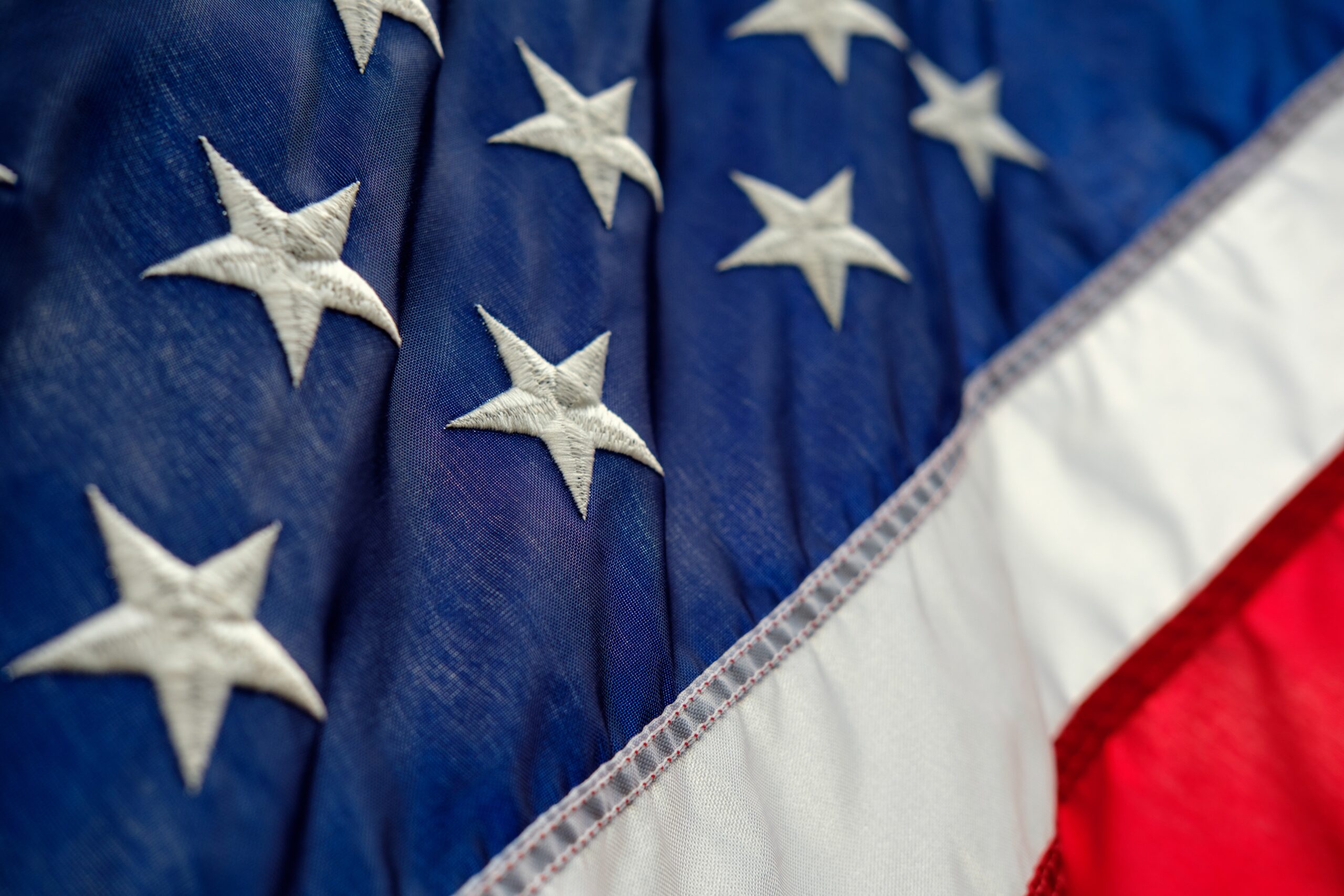What does the Trump Presidency mean for UK parents’ access to US surrogacy and for parents living in America?

Many of our clients are asking us about the implications of the Trump Presidency for US surrogacy, particularly in the light of the Executive Order on birthright citizenship signed on 20 January 2025. Things are evolving, and we have put together this blog to answer your questions, and will keep it updated with the latest information.
As always, Brilliant Beginnings and NGA Law are at the forefront of addressing any new issues affecting international surrogacy for UK parents. We work closely with US lawyers, and have a long history of lobbying the UK government on behalf of our surrogacy community to make sure the UK families we work with are protected.
First published 15.11.24. Last updated 3.7.25.
Does Trump’s attack on birthright citizenship mean that surrogacy babies born to international intended parents will no longer be entitled to US passports?
UK parents who have children born through surrogacy in the USA typically apply for a US passport for their child, giving them a quick and easy route home after the birth. On his first day of office on 20 January 2025, one of the Executive Orders signed by Trump was a declaration that children born in the US would no longer automatically be entitled to US citizenship if their parents are not US citizens.
Birthright citizenship in the USA is a constitutional right, enshrined in the 14th amendment to the US Constitution. US Presidents may not simply declare (whether by Executive Order or otherwise) that they have changed the Constitution. Amendments to the US Constitution require a supermajority approval by both Houses of Congress and ratification from 3/4 of the US States. Dozens of States have now challenged Trump’s Executive Order on birthright citizenship as being unlawful.
The challenge to the Executive Order is ongoing, but the interim position is complex and fast changing. Although the Executive Order was suspended indefinitely by a Federal Judge on 6 February, pending the outcome of the wider legal challenge, on 27 June 2025 the nationwide injunction was partially overturned. Read more about the latest position from our sibling organisation NGA Law.
Even if the Executive Order does take effect, the wording of the order in relation to ‘mothers’ and ‘fathers’ is unclear in terms of how it applies to surrogacy. And even in an absolute worst case scenario where it is no longer possible to get a US passport for a surrogate baby born in the States, we are working with the government to streamline alternative solutions. It is normally possible to secure British nationality and UK travel documents for children born through surrogacy abroad where either parent is a British citizen, which means that if you are British we can bypass the US system and get UK travel documents for your baby. We can advise you on the process and likely timescales and help you plan for whatever happens. And in fact we have been here before. In March 2020 the US government stopped issuing US passports (then because their offices were closed due to COVID restrictions) and Brilliant Beginnings and NGA Law successfully lobbied the UK government to put in place a special emergency passport procedure for surrogacy babies. We brought many US surrogacy babies home on UK travel documents and will do so again if necessary.
Could surrogacy be banned in the US under Trump?
Trump has not declared any plans to restrict the availability of surrogacy or IVF in the US. While a socially conservative/ right wing government might lean toward restricting the rights of LGBT+ people or giving embryos stronger protections, it may equally be inclined to support a practice which enables many heterosexual couples to have children and embodies US free market principles. IVF enjoys broad social acceptance across the US, and Trump himself has said he supports it. While we will of course stay vigilant, it is important to remember that surrogacy does not attract the same controversy in the USA as it does, for example, in other countries with right wing governments like Italy.
Surrogacy would also be very difficult for a US federal government to restrict in practice. That is because there is no national US surrogacy law – the law is instead determined state by state, and that means that any attempts to restrict it would need to modify dozens of different laws in different states. Again, the impetus to do so at state level is not clear, with no obvious correlation between individual states’ approach to surrogacy and how conservative they otherwise are. Texas, for example, has longstanding liberal surrogacy laws, whereas New York prohibited surrogacy until 2021. Over many decades, US state law has moved in a generally progressive direction with nearly all 50 US states now supporting surrogacy in some form.
The local nuances, and any state-specific shifts, are something we will keep a close eye on. It’s a key part of what Brilliant Beginnings does in supporting your choices of US surrogacy professionals and where it is safe for you to match with a surrogate. However, fundamentally, we are not concerned that there is a threat to the availability of US surrogacy.
There’s more information about the current US view on this from the International Fertility Law Group.
How do attacks on US abortion rights impact US surrogacy?
State-specific roll back of abortion rights is something which has been happening in the US long before the election, following the 2022 Supreme Court decision in the Dobbs v Jackson which made it possible for individual states to make their own rules. The election of Trump means there won’t be a reinstatement of abortion rights nationally, but we have yet to see whether more states will restrict abortion or if the pendulum will start swinging the other way (in seven US states the election also passed ballot measures to enhance or protect abortion rights).
In the context of surrogacy the right to abortion is relevant because, if there is no possibility of an abortion, it increases the risks for women volunteering as surrogates, who may not be free to terminate the pregnancy if there is a problem affecting their health or the baby’s.
Again, this is a state-specific issue, so in practice it means care will continue to be needed on matching and being aware of the context of the law for the state in which your surrogate lives. Surrogates, like all other American women, have the right to travel to another state for an abortion if they need one, and we will also continue to work with reputable US surrogacy agencies and attorneys to help you prepare carefully for all eventualities.
How will LGBT+ families living in America be affected by a Trump Presidency?
We anticipate a more hostile environment for LGBT+ families living in the US (and have already seen this in some of Trump’s day 1 Executive Orders, including this attack on transgender rights: Defending Women From Gender Ideology Extremism And Restoring Biological Truth To The Federal Government – The White House. We know how much anxiety is being felt about this.
Currently, the 2015 Supreme Court decision in Obergefell v Hodges protects marriage equality across the US, but if this is overturned the US would revert to state-by-state marriage recognition which could affect the legal status of LGBT+ spouses in some states. Similarly, the recognition of parentage across state lines has always been complex for LGBT+ parents, and US reproductive law attorneys have worked for decades to help give LGBT+ families the best security. It is more important than ever to get good legal advice about what you can do to safeguard your family’s legal status as far as possible (see this guidance, for example).
If you or your partner is British or has roots in the UK, then that planning need not be limited to the US – you may want to look at shoring up your UK legal position too. Our sibling organisation NGA Law is already working with several American families who have decided to relocate to the UK following the election result, or want to keep their options open in case they need to do so.
To British parents through surrogacy living in the USA we say: your marriage will be recognised automatically in the UK, but your legal parenthood of children born through surrogacy will not be (since UK law treats the woman who gives birth and her spouse as the legal parents). We can help with securing your children’s British nationality and making the court application you need to be recognised as legal parents by UK law so please do reach out. There is some more information about the UK legal issues for British expatriate parents through surrogacy living in the USA here.
As always, we are here for our community and will do what we can to keep you informed and to protect you.
By Natalie Gamble
Related articles
Our US Surrogacy Pathway
How we support UK parents with all aspects of their US surrogacy journey, from planning to the grant of their UK legal parenthood and baby’s British citizenship.
Information about surrogacy in the USA
Check out our Knowledge Centre for free information about surrogacy in the US and how it works.




Recent Comments